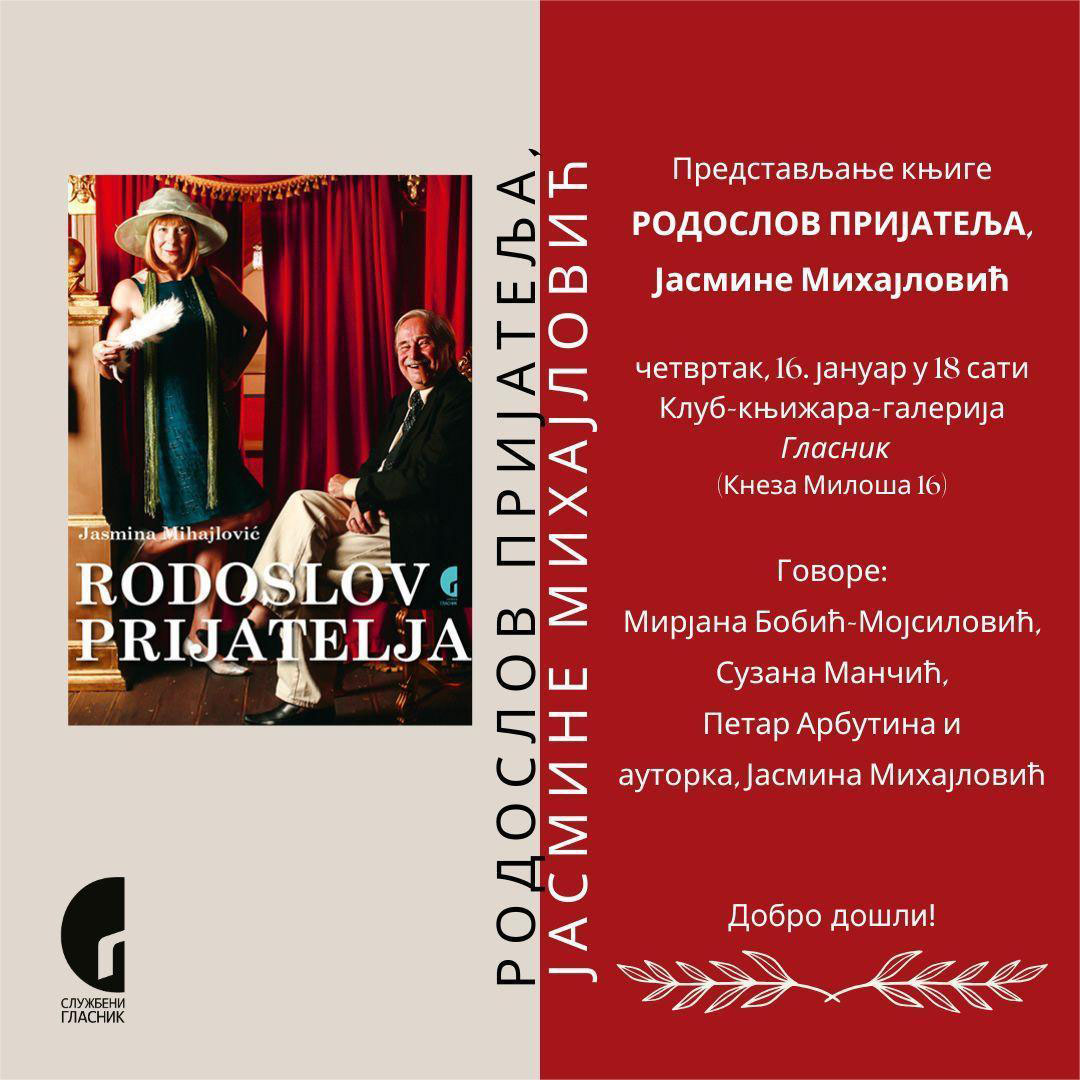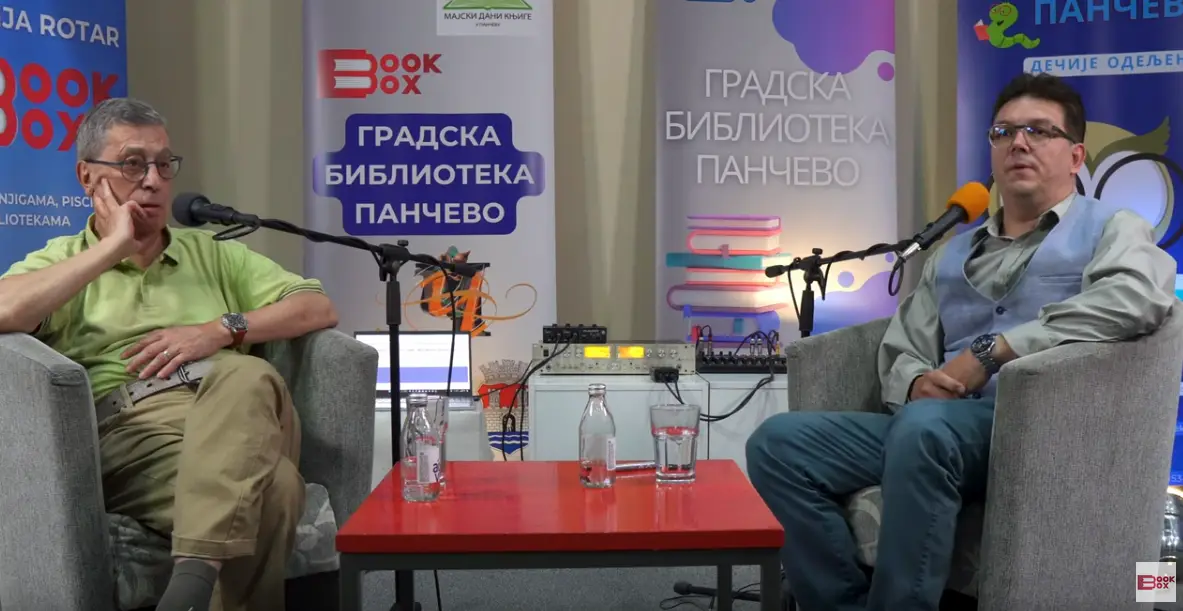Landscape Painted with Tea
or
Novel for Crossword Puzzle Lovers
Original title: Predeo slikan čajem. Roman za ljubitelje ukrštenih reči
Basic book data
First edition: Belgrade, Prosveta, 1988, 525 pages.
-
Пейзаж нарисованный чаем (12) (Landscape Painted with Tea)
Москва, Согласие, 1991
Санкт-Петербург, Азбука, 1998, 2000, 2001(2), 2002, 2003(2), 2005, 2007, 2016, 2021
Санкт-Петербург, Амфора 2010.
Лениздат – классика, 2013 . -
Landscape Painted with Tea
Knopf, New York, 1990.
Vintage International, New York, 1990.
Hamish Hamilton, London, 1991.
Penguin, London, 1992.
Dereta, Belgrade, 2018. -
Paysage peint avec du the (Landscape Painted with Tea)
Belfond, Paris, 1990. -
Landschaft in Tee Gemalt (Landscape Painted with Tea)
Carl Hanser Verlag, Munchen, Wien, 1991. -
Paesaggio dipinto con il te (Landscape Painted with Tea)
Garzanti Editore, Milano, 1991. -
Paisaje pintado con te (Landscape Painted with Tea)
Editorial Anagrama, Barcelona, 1991. -
Pokrajina, naslikana s čajem (Landscape Painted with Tea)
Ma-No, Nova Gorica, 2003. -
Krajina maľovaná čajom (Landscape Painted with Tea)
Bratislava, Slovart, 2010. -
Paisagem pintada com cha (Landscape Painted with Tea)
Sao Paulo, Companhia Das Letras, 1990. -
Peisaj pictat in ceai (Landscape Painted with Tea)
Bucuresti, Editura Univers, 2000. -
Пейзаж рисуван с чай (Landscape Painted with Tea)
София, Алтера, 2009. -
Landschap Geschilderd met Thee (Landscape Painted with Tea)
Uitgeverij Bert Bakker, Amsterdam, 1992. -
Tοπίο ζωγραφισμένο με τσάι (Landscape Painted with Tea)
ΗΡΟΔΟΤΟΣ, ΑΘΗΝΑ, 1996. - נוף מצויר בתה(Landscape Painted with Tea)
Tel Aviv, Ma’ariv Book Guild, 1993.
15. Предел сликан со чај (Lanscape Paited with Tea)
Зојдер, Скопје, 2014.
16. ჩაით დახატული პეიზაჟი (Landscape Painted with Tea)
Intelekti, Tbilisi, 2015.
17. Peizazhe te pikturuara me caj (Landscape Painted with Tea)
Tirana, Albas, 2016.
18. Çayla Boyanmış Manzara (Landscape Painted with Tea),
Istanbul KETEBE YAYINEVİ, Istanbul, 2025.
Overview
Pavic's second novel, Predeo slikan čajem (1988, Landscape Painted with Tea), is a playful combination of a crossword puzzle and modern Odyssey. The plot is constructed like a cryptic crossword, with chapters which can be read 'down' or 'across.' The solution of the puzzle is supposed to lead to the solution of life.
*
By the author of the highly acclaimed literary bestseller Dictionary of the Khazars, Landscape Painted with Tea, Milorad Pavic's second novel, is a tale of mysterious quest that is part modern Odyssey and part crossword puzzle. It begins with the story of a brilliant but failed architect in Belgrade and his search for his father, an officer who vanished in Greece during World War II. The truth about his fate--some of it set in motion 2,000 years ago and some of it by the Nazis-- is raveled in the history and secrets of Mount Athos, the most ancient of all monasteries, perched atop its inaccessible mountain on the Aegean.
Milorad Pavić
I wrote Landscape Painted with Tea employing a favorite and long-known manner of reading which, however, has not been used in literature – the crossword puzzle. The novel can be read down or across, inside it you can find a heroine that falls in love with the reader, and her fate differs depending on whether the reader is male and female. “Reading and gender” (Jasmina Mihajlović’s term) determines whether the book will have a happy ending, or end in tragedy.
Landscape Painted with Tea or novel for crossword puzzle lovers, actually a crossword-puzzle novel, can be read across (and in that case the emphasis is on the love story) or down (in that case the emphasis is on the characters of the novel). The heroine of the book falls in love with the reader.
Reviews
The Review of Contemporary Fiction, Summer 1988
The picture in Landscape Painted with Tea of the upside down world of historical and perverted reality is the reflection of our own selves. The cathartic power of the book as a mirror should prevent the headlong plunge into nothingness and should return to the world its lost essence and internal balance.
Review of Contemporary Fiction, Summer 1988
It's interesting that this apparently Slavic author of this article believes in such things as "internal balance." It would seem to be the furthest thing from what a Postmodernist would believe. Pavic collage and montage techniques are both Modernist and Postmodernist, but I don't know if his ultimate sensibility is. In an interview with Thanassis Lallas, Pavic describes himself as "always trying to act as an ancient epic poet...To me the best literature is oral...To understand how somebody writes a novel, you must feel the breath of the book."
San Francisco Chronicle
Ït is doubtful there is any more distinctive, inventive and unusual voice in literature today than that of Yugoslavian writer Milorad Pavić's... He is a complete writer, the real thing.
Washington Post
A hugely ambitious, playful, inventive, demanding, magical, linguistically sensuous reading experience.
Readers Reviews
-
Pavic pierced my heart with Landscape painted with tea.I feel that you can start reading any of his work on any page even from the end of the novel. You are unlikely to lose anything, I just like bathing in his metaphorical language.
-
Unlike any book I've read. Pavic begins with an interesting and straight-forward account of a son seeking his father. Then he splits his book into several narratives, weaving among them as he chooses.
The most amazing aspect of this book is that it's structured like a crossword puzzle. You can read the book cover-to-cover in the usual way, or you can skip ahead and read the chapters that all pertain to one narrative. Great prose and good story. -
Kind of like Marquez in eastern Europe, this book switches off and on between playful, haunting, and tragic, and ends up just being downright cool in its characterization and narrative patterns which keep the reader delightfully engaged in spite of the heavy mystery that pervades many of the books most beautiful moments. The reader is asked at one point to fall in love with one of the characters, and the last two thirds of the book are arranged as a crossword puzzle. Worth the trip.
-
Along with Borges and Cortázar, the Serbian writer Milorad Pavić was a great experimenter in non-linear narratives, creating dense labyrinths of prose, full of historical and mythical stories, parables and anecdotes and strange Balkan magic.
-
Poetry through and through. Every sentence in this novel is a punchline.
-
What characterizes his prose more than anything else is his magical, agrarian images supporting stories loaded with digressions. There is a nostalgia in Pavic's writing, that is sometimes explicitly stated. It's not naive. It's not conservative. It feels as if we need to get back to our own, specific, historical moment when reading him.
-
Poetic wonderfully written book. Different, engaging, and important, a delight to read. Highly recommended for readers who are interested in literature of note.






